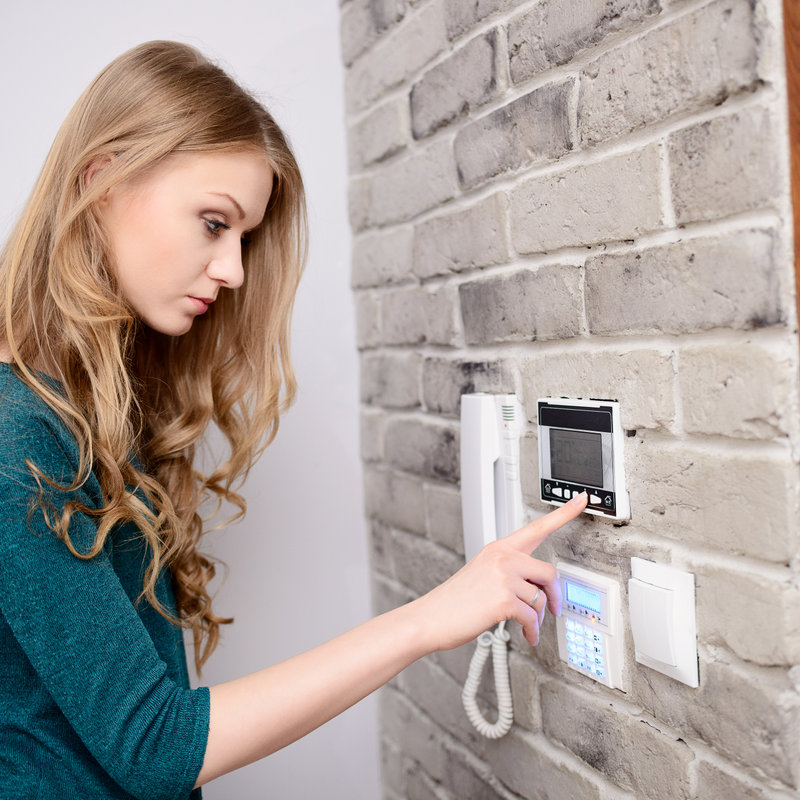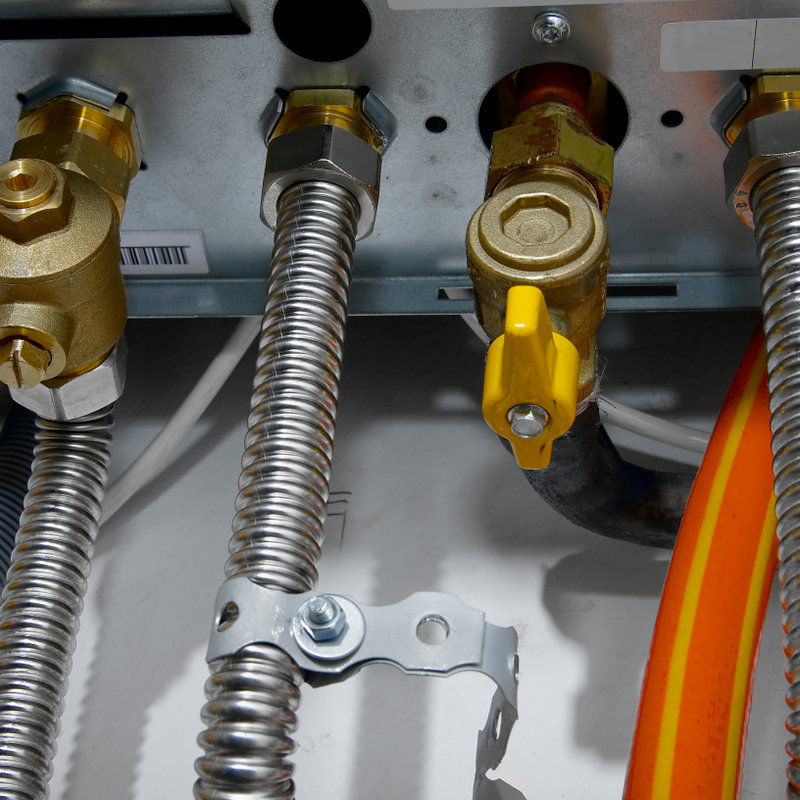
Keeping Things Efficient
In the Baltimore, Maryland area, the winters can get pretty cold. That’s why having an efficient heating system is just as important here as an efficient air conditioning system is in the deep south summers. It is also why heating system repairs are important as well. The more efficient and the easier a system is to have repaired, the better.
So, which fits these two requirements the best – an electric heating system vs gas heating system? When efficiency is the deciding factor, gas heat is the better choice. It heats faster in cold weather and reaches a higher temperature than an electric heating system. When it comes to heating system repairs, any problems with heating system, repairs are going to be electrical. With gas heating system repairs, the problems could be either electrical or gas, with gas posing more risks.
How does an electric heating system work?
Anywhere in North America, from the farthest northern tip of Maine to the southernmost tip of California, at some point, every home will need heat. With a focus on energy efficiency and renewable resources, electric resistance heating has gotten a lot of attention. With electrical heating, 100% of the energy is converted to heat because the heating elements have direct contact with the air, heating that air quickly. However, while efficient, it gets more expensive the colder the temperatures get.
With forced electric heating systems, also known as central heat or HVAC systems, the air is pulled into the system and heated. It is then blown and circulates through the home through air ducts. This type of heating often requires heating system repair calls because of metallic squeaking. That squeaking noise is sometimes loose connections, a belt or a fan is wearing out.
A few of the main parts for this type of heating system consist of the following components as well as many others:
- Air return ductwork
- Blower motor
- Heat exchanger
- Heating elements
The supply ductwork carries the air to all the rooms of the home while the return ductwork carries all the air from the rooms back to the blower and air handler.
What is the most energy-efficient electric heating system?
Because the cost of heating a home can consume half of the household energy budget, it is important to get the most energy-efficient heating system possible. It should be a system that has a long life span with few to no heating system repairs too.
While that is a large profile to fill, it is possible with a heat pump. This type of heating system works by capturing heat from inside the earth and then moving it into and throughout the home. A bonus with a heat pump system, it works in reverse during the summer, pulling the heat out of the house.
A heat pump is astoundingly efficient and can often produce up to 4 times the energy they use for power. A heat pump system is environmentally friendly in that manner, using less than it generates and without burning fossil fuels or generating exhaust gases. There are no concerns with carbon monoxide or other harmful gases either.
The initial investment of a heat pump is higher than installing a central heat system and damages the landscape with the holes and trenches needed to install the system. However, within 5 years of lower utility bills, it will pay for itself and then some when the tax credits are factored into the cost.
How much does it cost to install an electric heating system?
The cost of the electric heating system isn’t the most expensive part with costs ranging between $500 and reaching $1,500 or more. It is the installation part of this equation that can cost because it is a labor-intensive job. In most cases, there are two technicians sent to install a unit at a cost between $400 and $2,000.
Because of what experienced technicians can cost, it is highly recommended to take a maintenance or service contract. Most contracts will include an annual inspection where cleaning and minor repairs are covered. The upfront cost of the contract can seem expensive but if you have repeated heating system repair calls, it will pay for itself within 2 services.
Which is cheaper: a gas or electric central heating system?
Per unit, electricity is the more expensive option compared to natural gas. This makes the overall lifetime cost of electric heat higher than gas heat. An electric heat system takes longer to warm up the house, keeping it colder for a longer time.
How do you service an electric heating system?
The heating system is important to the comfort of our homes in the winter. This is why routine maintenance by a homeowner will minimize possible situations of the heating system is not working on the coldest night of the season that requires professional heating system repairs.
With a forced-air heating system, you should take the following steps in between the scheduled professional maintenance service calls:
- Check the air filter monthly, clean or change it as necessary. The basic rule of thumb is every 30 days, more frequent if you have several pets in the house.
- Check the ductwork annually for dust, mold, and rust. Make any repairs you can or call a professional.
- Every three years, have the ductwork cleaned by a professional to keep the air blowing through home clean and healthy.
- Clean dust from around and just inside the furnace housing. Check the condensation pan, empty and clean if needed.
- Clean the blower by vacuuming around the area. Save cleaning the internal area for the professional.
- Check the blower belt and if it appears loose, call for a heating system repair.
- Check the thermostat is working properly, replacing the batteries every 90 days. Many heating system repair calls are made for a heating system that keeps turning on and off when all that’s wrong is the thermostat batteries need replacing or the thermostat itself needs replacing.

A Final Question: Is my heating system gas or electric?
Perhaps you just moved into a house and you’re not sure what powers your heating system. Determine if you have forced-air heat first. If you have air ducts and vents, then you have forced air. Now, to determine the power source:
- Step One: Turn up the thermostat and as it starts you will hear air moving through the air ducts. You should feel warm air circulating now.
- Step Two: Locate the forced air heating unit. Check the attic, basement, utility closet, or check for an outside access panel. You can always follow the ductwork backward too.
- Step Three: Usually, you can tell right away if the unit is electric or gas, but if not, look at the front panel. If it is gas, there will be a gas heat exchanger with a burner that produces the heat. You’ll see a small window in the front and inside the window, a small blue flame.
An electric heat system won’t have a panel or window and is quieter when running. A gas heating unit will have piping running from it, black cast iron, copper, and yellow plastic hoses. An electric forced-air heat system will have heavy gauge wiring coming from it that is covered by flexible metal.


